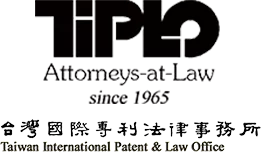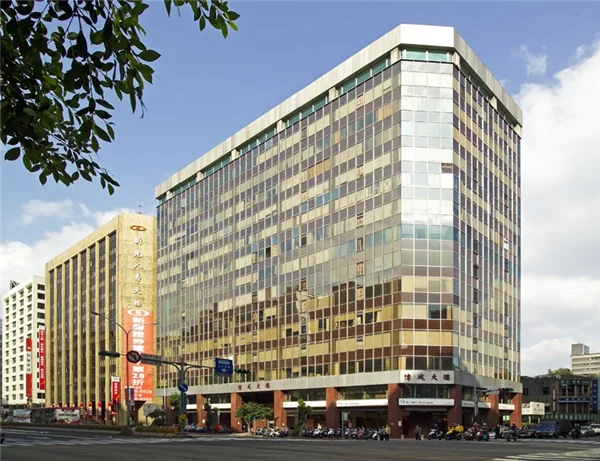Law on Food Safety Amended to Toughen Penalties on Lawbreakers
E140205Y9・E140128Y9 Mar. 2014(E172)
Taiwan’s legislature gave a green light to the amendment to the Act Governing Food Sanitation on January 28, 2014 and the name of the Act is also officially changed to the Act Governing Food Safety and Sanitation. The amendment imposes harsher penalties on offending food manufacturers and places stricter regulations on food testing by a three-stage food safety monitoring mechanism with inspection carried out first by manufacturers themselves then accreditation institutions and finally by the government. In the meantime, a food safety protection fund will be created to enhance food safety management and safeguard citizens’ health. In addition, new provisions are added with respect to genetic modification ingredients; that is, manufacturers are required to have their genetic modification ingredients undergo health risk assessment, complete mandatory registration, and place clear labeling on external packaging.
According to the FDA (Food and Drug Administration, the Ministry of Health and Welfare), the amendment does not regulate that compound food additives should be registered, but the administration on compound food additives has been established and set forth in the amendment to Article 8 of the Act Governing Food Safety and Sanitation promulgated on June 19, 2013 which demands that the manufacturers, importers, and sellers of compound food additives should complete manufacturer’s registration and mandatory registration of all food additives for sale and their ingredients and scope of use, etc. The Ministry of Health and Welfare states that they would strengthen border management procedures and conduct on-site inspections, and further to work with relevant agencies to establish an origin management system of additives.
Major amendments include:
1. Food manufacturers are required to have the raw materials, semi-products, and finished products they use or sell tested either by themselves or by other certified accreditation laboratories.
2. The maximum administrative fine imposed for production or sale of food products that are adulterated or counterfeit or contain food additives not approved by the competent authority is raised from TWD15 million to TWD50 million, and the maximum prison sentence for the above-mentioned acts is increased from 3 years to 5 years. Likewise, the maximum administrative fine imposed for false, exaggerated, or misleading labeling, advertisements, and promotions rises to TWD4 million from the former TWD200,000.
3. Property or interest on assets gained as a result of the offender’s deliberate violation shall be returned to the victims. Such property or interest retained by the offender shall be confiscated. If all or part of such property or interest on assets cannot be confiscated, the monetary value commensurate to such illicit profits shall be confiscated.
4. An offending legal entity will receive no more than 10 times severer punishment than that imposed on individual act doer.
5. The competent authority shall establish a food safety protection fund to help consumers pursue their food safety-related rights or health risk assessment, which shall be financed from the revenue from illegal manufacturers or offenders’ administrative fines, penalties, or illicit profits.
6. The applicable scope of protection of the confidentiality of a whistleblower’s identity data is extended to protection in court proceedings, so as to increase the motivation for whistleblowing. (February 2014)
/CCS














